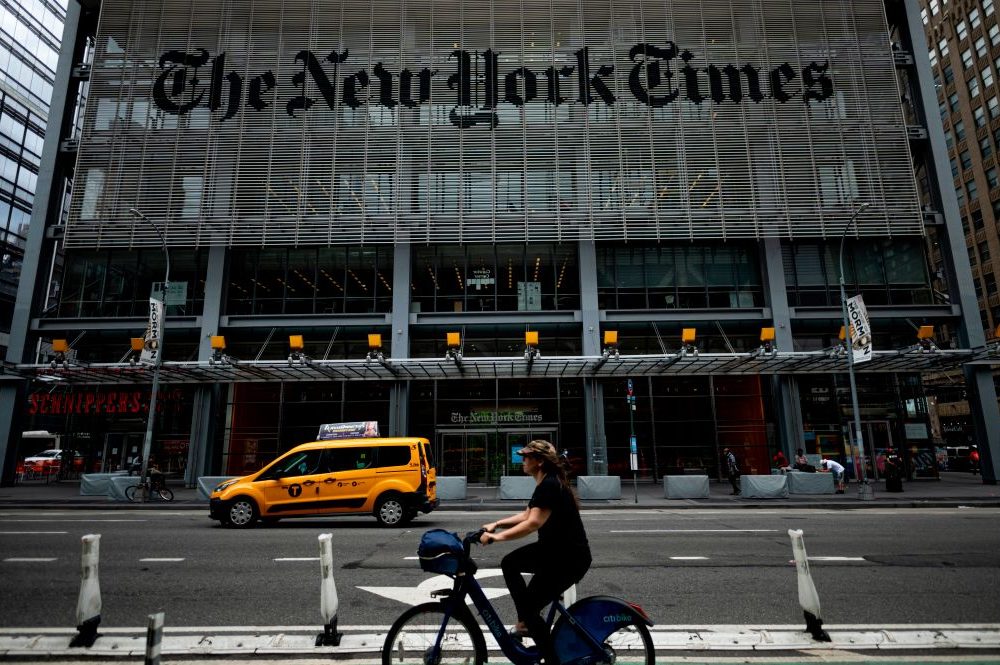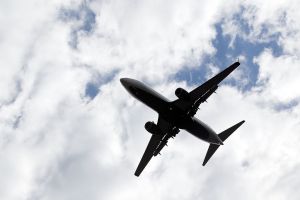Cockburn was recently made aware of a new production at the New York Times, bearing the ominous-in-2020 title Nice White Parents. The podcast, launched on Thursday, is the work of the same people who created Serial, the preposterously popular true crime podcast.
This time, Team Serial digs into New York City’s public school system, and specifically, the group they say is the root of all pedagogical evils.
‘We’ve tried standardized tests, and charter schools,’ narrator Chana Joffe-Walt solemnly intones in the first episode. ‘We’ve tried smaller classes, longer school days, stricter discipline, looser discipline, tracking, differentiation. We’ve decided the problem is teachers, the problem is parents. What is true about all of these reforms, is that when we look for what’s broken…we focus on who they’re failing: poor kids, black kids, and brown kids.’
All of this is misguided, Joffe-Walt explains. The problem, apparently, is a narrative one. Liberals have been too focused on finding people to help. What they actually need is a villain, someone to hurt.
‘There is a powerful force that is shaping our public schools, arguably the most powerful force. It’s there even when we pretend not to notice it,’ she says. ‘If you want to understand why our schools aren’t better. That’s where you have to look. You have to look at white parents.’
The debut episode focuses on a specialty school in Brooklyn, the School for International Studies. The podcast first faults ‘nice white parents’ for not attending the school when it was built, causing it to be overwhelmingly non-white in composition. Then, in 2015, the situation reversed: dozens of white parents enrolled their children in the school, making it racially integrated. But it turns out that was wicked as well, a scholastic version of gentrification (which is also deeply nefarious). The parents are vilified for launching a French language class and after school program (using a European language rather than Arabic reeks of colonialism, evidently), and for raising $50,000 in a single year. Nothing bad actually happens at the school as a result. No matter; the mere presence of the new arrivals is denigrated as ‘annoying’. In a companion article recommending books about the white parent menace, a 10-year-old boy is chided for saying that SIS was improved ‘with us here’. A child’s harmless belief that he and his friends made a place better, rather than worse, is warped into the embryo of racism.
[special_offer]


















